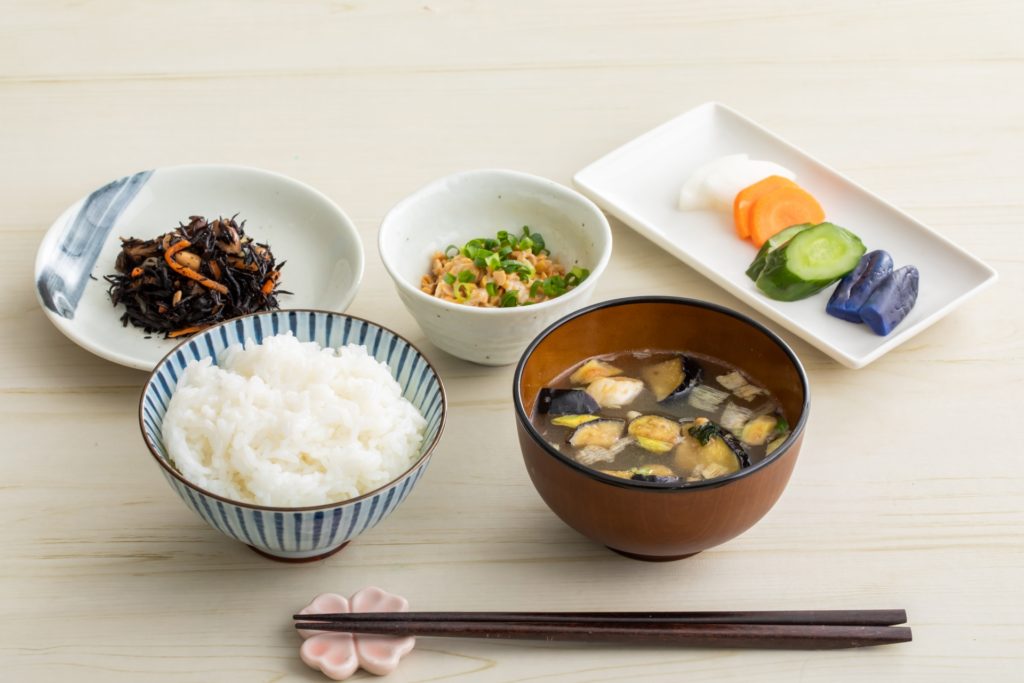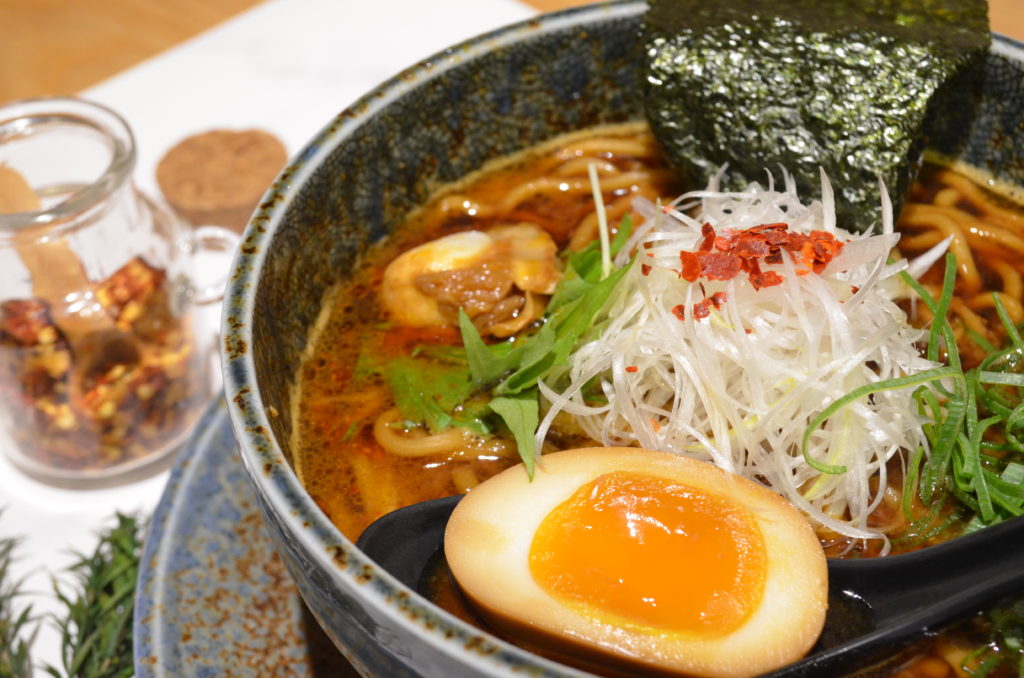Is the restaurant you are going really Halal?
With more Muslims coming to Japan, it is great to see that there are more Halal or Muslim-friendly restaurants opening. Halal usually means the restaurant with certificate from the third-party authority, while Muslim-friendly means the restaurant with some menus that can be served to Muslims but without certificate.
Being certified as a Halal restaurant costs so much money and effort, so it is natural that there are more Muslim-friendly restaurants in Japan. However, unfortunately there are some facts that we should remind Muslim travelers today.

How can we categorize Japanese Halal restaurants?
Let’s see the types of Halal and Muslim-friendly restaurants in Japan. Each has pros and cons, so read carefully to find out what best suits you.
They can be categorized as follows:
Halal-certified restaurant
This type of restaurant is ideal if you have to make sure that the food you eat is always Halal. More and more restaurants are now getting certified, and many of them serve Japanese or high-quality Western dishes.
However, as mentioned, to be Halal-certified, the restaurants have to go through so many harsh steps, and it imposes financial burden on them. This means that the price in these restaurants is more expensive than other restaurants.
Additionally, although the number is on increase, still we cannot say there are enough number of such restaurants in Japan, especially in suburbs.

Restaurant that sticks to Halal standard, but no certificate
These restaurants are usually run by Muslim owners. They never bring haram food into their kitchen; no pork or meat which is not religiously processed, alcohol or alcoholic seasonings. These restaurants are very trustworthy, because there is no risk of contamination.
However, these restaurants are either Indian, Pakistani, Indonesian or Turkish restaurant. These foods are nice, but it is not what tourists want to try while in Japan probably.

Muslim-friendly restaurants, with some menus for Muslims
These restaurants have their own standard and trying their best to remove haram ingredients from their meal. Their menus can have some Halal-certified meats, too.
However, while we appreciate their effort, it is unfortunate to say that their standard varies restaurant to restaurant. For example, some restaurants separate the kitchen utensils or fridge, while some share them.
Sometimes, they believe that removing pork is good enough for Muslims, and they do not even know that there is alcohol in seasonings. In rare cases, they serve haram chicken or beef as they believe “pork” is the only thing to be avoided.

Vegetarian or Seafood restaurants
These restaurants are not made as Halal or Muslim-friendly, but chosen by Muslims visiting Japan. In such restaurants, at least there is no contamination with pork or other haram meats.
However, it cannot guarantee the usage of alcohol. As mentioned, some of the Japanese traditional seasonings, such as soy sauce and Miso contain tiny alcohol. Needless to say, these restaurants have no meat option.

What else should Muslims know about Japanese Halal restaurants?
Alcoholic beverage
The important thing is that although they serve Halal or Muslim-friendly menus, they usually serve alcoholic beverages. This is because the restaurant does not only aim Muslim customers but also ordinally Japanese customers, who want to have alcoholic beverage.
If there is no alcohol beverage, the restaurant will lose Japanese customers. Also, because beverage makes a lot of profit, they can rarely run the restaurant without alcoholic beverage.
Fake certificate
This is a very rare case, but it is reported that some of the restaurants put fake Halal certificate on the entrance door, even though they do not have Halal meals.
Generally, Japanese people are honest and serious about what they are doing, however, as number of Muslims are increasing in Japan, such cases will be seen more frequently.
So, what can Muslims do?
It is important to check the information carefully before visiting the restaurant, preferably when you are still in your country. Names of the Halal or Muslim-friendly restaurants can be found easily on the web, but making sure their Halal contents is extremely important.
If you would like to avoid such risks, we are offering Halal Itinerary Planning service and prepare Halal certified meal of your choice at your desired place. Let us know if you are interested through our Contact.

